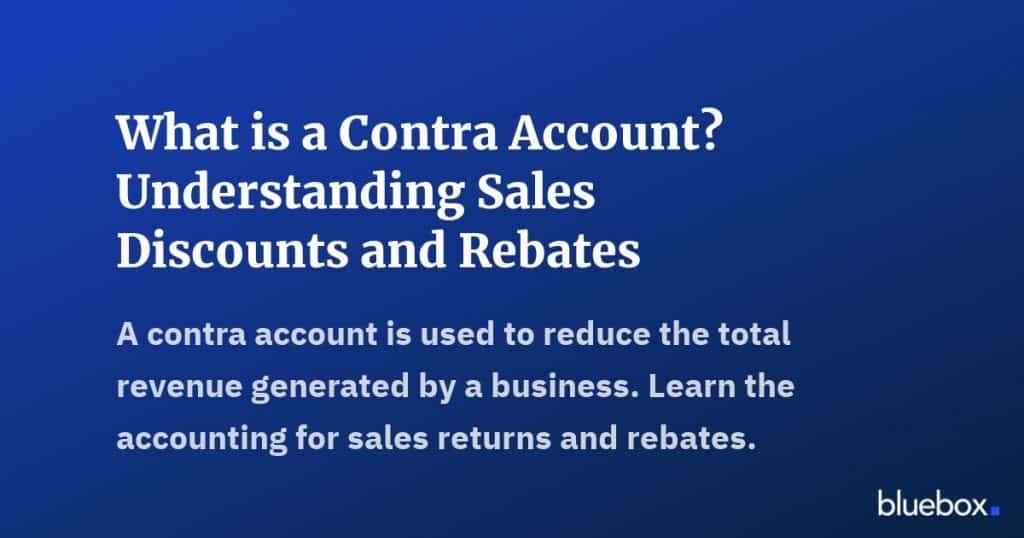As a small business in Singapore, it’s important to understand the concept of contra revenue and how it impacts your financial statements. Contra revenue refers to the deductions made from gross revenue to account for sales returns, discounts, and allowances. In this article, we will explore the different types of contra revenue and how they affect your business.
Sales Returns and Allowances in Income Statement
Sales returns and allowances refer to the amount of products returned or discounts given to customers due to defects or dissatisfaction. These are recorded as contra revenue in your income statement. It’s important to note that sales returns and allowances impact your gross revenue, reducing it by the amount of returns and allowances given.
Contra Account and Contra Accounts Receivable
Sales returns and allowances are recorded in a contra revenue account, which is a separate account from your revenue account. This is because the amount of returns and allowances given is deducted from your gross revenue, resulting in a lower net revenue. Additionally, sales returns and allowances may also impact your accounts receivable, resulting in a reduction in your accounts receivable balance.
Revenue vs Sales
It’s important to differentiate between revenue and sales when discussing contra revenue. Revenue refers to the total amount of income generated from your business operations, while sales refer to the amount of products or services sold. Contra revenue accounts are used to account for deductions made from sales revenue.
Is Sales Return an Expense?
Sales returns and allowances are not considered expenses, but rather deductions from gross revenue. This is because they are not incurred as a result of operating expenses, but rather as a result of customer dissatisfaction or defects in the products sold.
Sales Discounts
Sales discounts refer to the discounts given to customers for early payment or volume purchases. These are also recorded as contra revenue in your income statement. It’s important to note that sales discounts impact your gross revenue, reducing it by the amount of discounts given.
Sales Returns and Allowances in Income Statement
In conclusion, understanding contra revenue is crucial for small businesses in Singapore. Sales returns, discounts, and allowances all impact your gross revenue and should be recorded in a contra revenue account. By properly accounting for these deductions, you can accurately assess your business’s financial health and make informed decisions for future growth.
